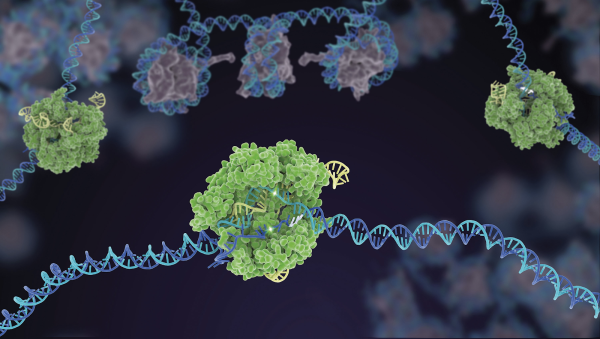Why Do We Dream?

Courtesy of Wakefully.io.
Dreams are one of the most fascinating and mystifying aspects of sleep. They are images, thoughts or feelings that are unique to each and every individual. There are many types of dreams.
Some of the few include:
- Recurring dreams: happen night after night and feature the similar situations and events
- Vivid dreams: easier to recall due to their strong imagery; they might also feel more real than other dreams
- Nightmares: vivid, disturbing dreams that often cause anxiety
- Lucid dreams: lucid dreaming occurs when a person is aware that they are dreaming but do not wake up
According to The Sleep Doctor, “Dreams may occur in any stage of sleep, but most dreaming takes place during rapid eye movement (REM) sleep.”
Dreams that occur during REM sleep are more vivid than dreams that occur during other stages. Most nightmares are known to take place during this stage of sleep.
Somniphobia, the fear of sleeping, can occur to people who are afraid of having nightmares, experiencing sleep paralysis or dying in their sleep. Often people who have somniphobia try to avoid sleep for as long as possible. This habit can be detrimental to someone’s health because, during sleep, our body works hard to support normal brain and physical function.
Some research companies have shown that dreaming is considered a normal part of healthy sleep. It can lead to higher levels of thinking, memory and overall general health.
According to How do Dreams Affect Sleep?, “Good sleep has been connected to better cognitive function and emotional health. In this way, many experts believe dreaming is either a reflection of or a contributor to quality sleep.”
Additionally, dreaming can influence our feelings and emotions throughout the day too:
- Healthy dreaming may support sharper thinking, better mood and overall health
- People who remember their dreams usually show higher levels or creativity
- Dreaming may increase memory consolidation, making it easier to remember important information
- Nightmares may interfere with sleep, causing daytime sleepiness, bad mood, or thinking problems throughout the day
Overall, the primary question is: why do we dream? What causes our brain to send these images to our mind when we sleep?
“The prevailing theory is that dreaming helps you consolidate and analyze memories (like skills and habits) and likely serves as a ‘rehearsal’ for various situations and challenges that one faces during the daytime,” expert Michelle Drerup, PsyD, DBSM explains why we actually have dreams.
“The last dream that I had was of having to fight a big black demonic bird with an umbrella. I think we dream because we have so much to live and do,” freshman Aanishka Agrawal explains why she thinks she had her latest dream. “We see stories and colors even when we sleep and I think that really depicts human nature in totality. We are alway looking for something new. I think dreams tend to represent our deepest fears or desires. Dreams tap into our subconscious mind and bring out parts of us that we don’t even know are there.”
When we dream, even though our body is asleep, our brain is active. Dreams can be entertaining, disturbing or just bizarre and they can make us feel a kaleidoscope of emotions, such as fear, happiness or sadness. Dreams are a window into our subconsciousness and they can reflect one’s own thoughts and feelings.
Your donation will help support The Lambert Post, Lambert High Schools student-run newspaper! Your contribution will allow us to purchase equipment and cover website hosting costs.
















